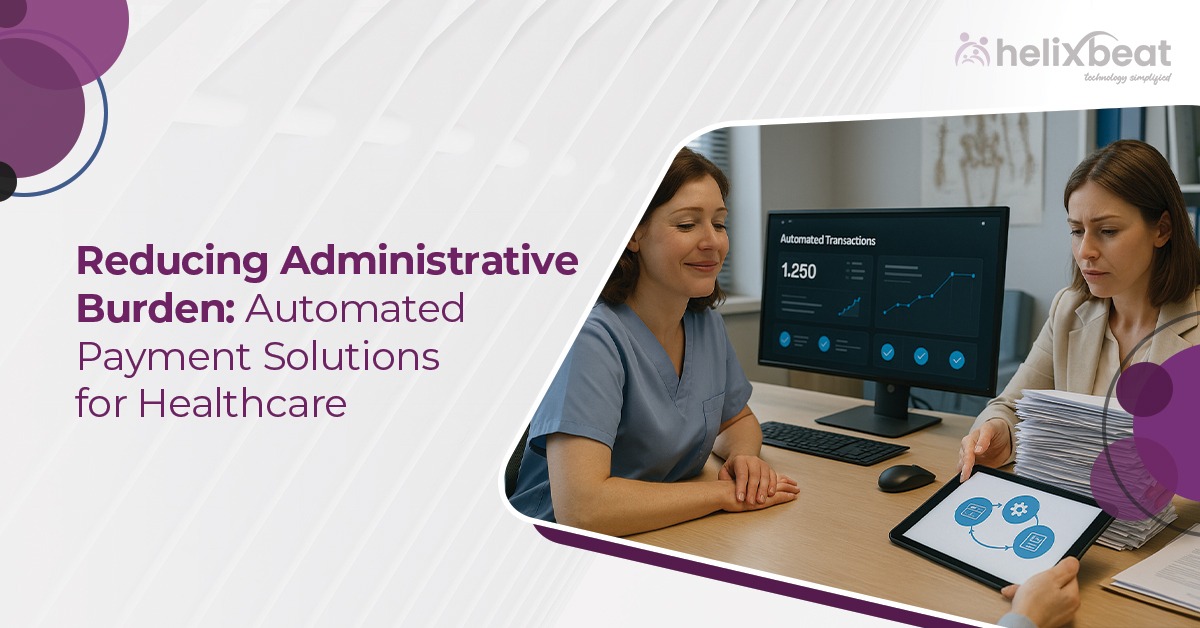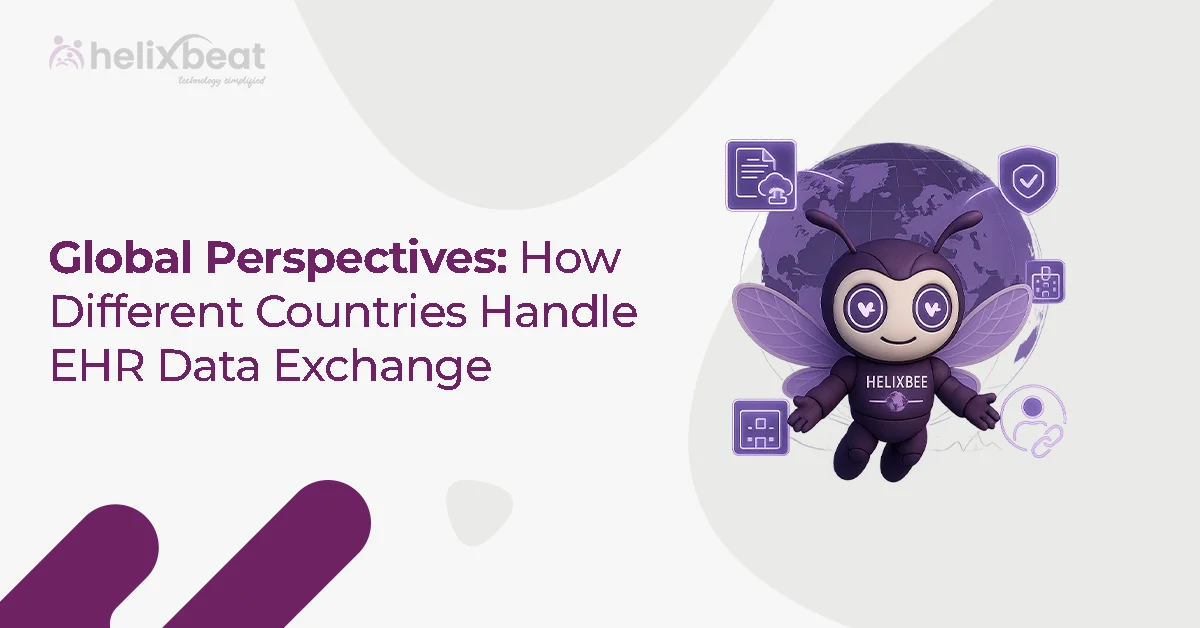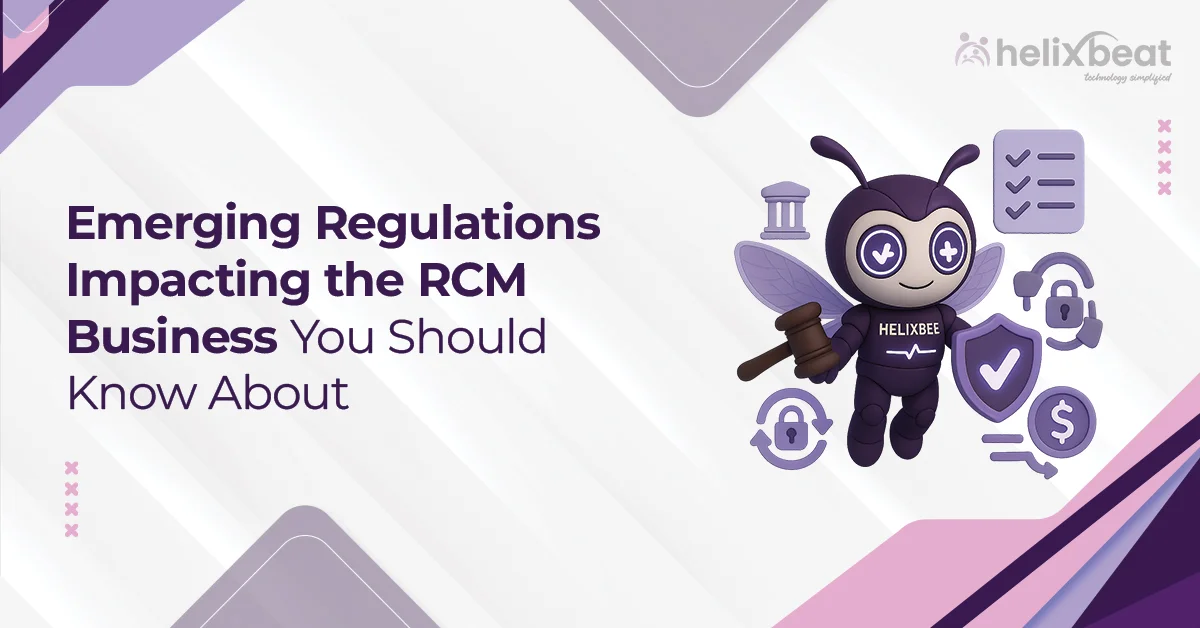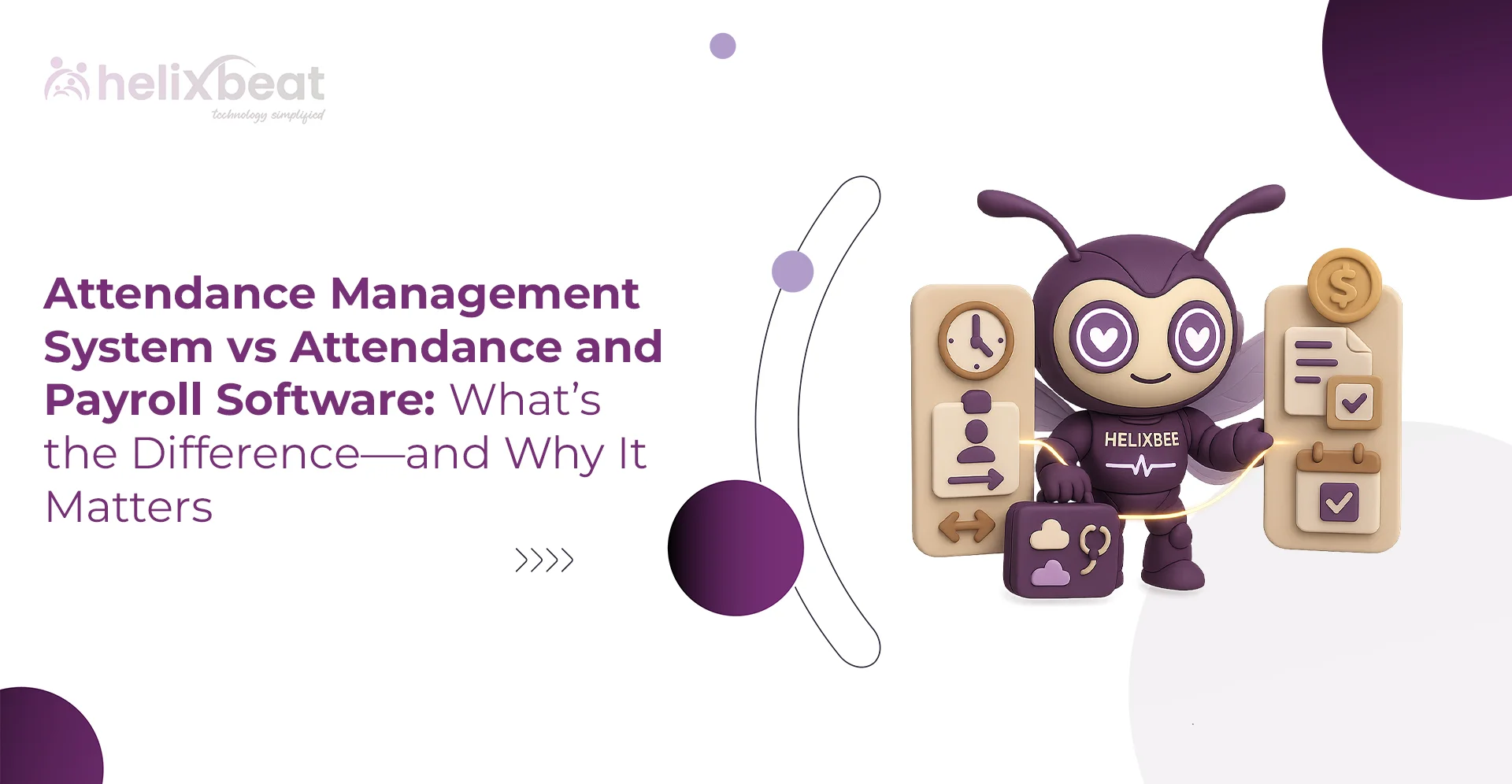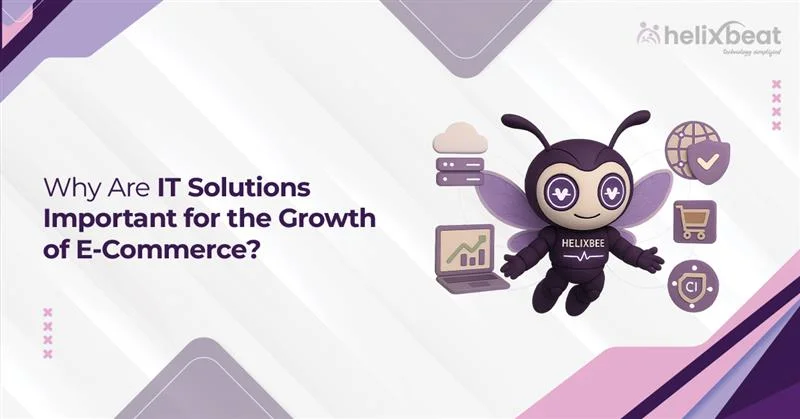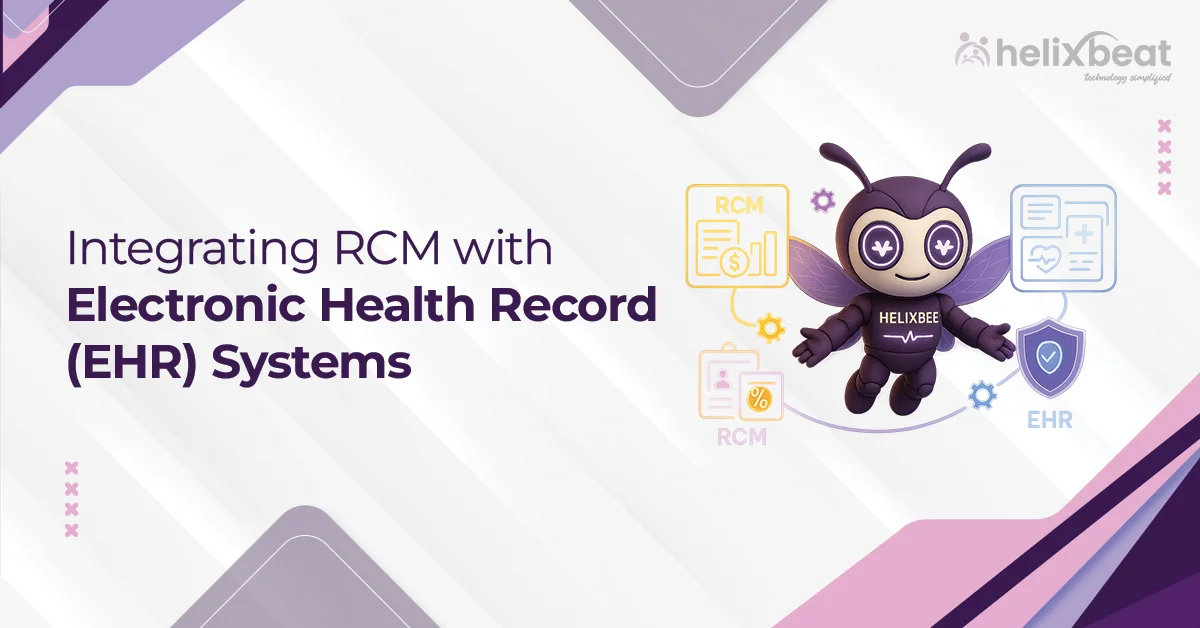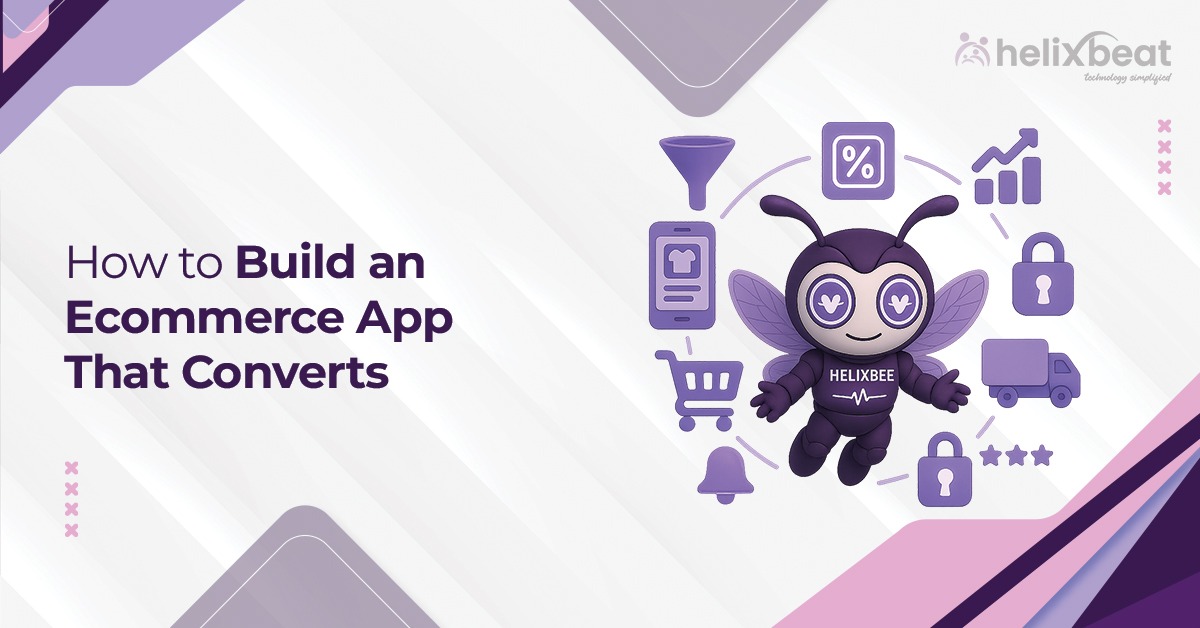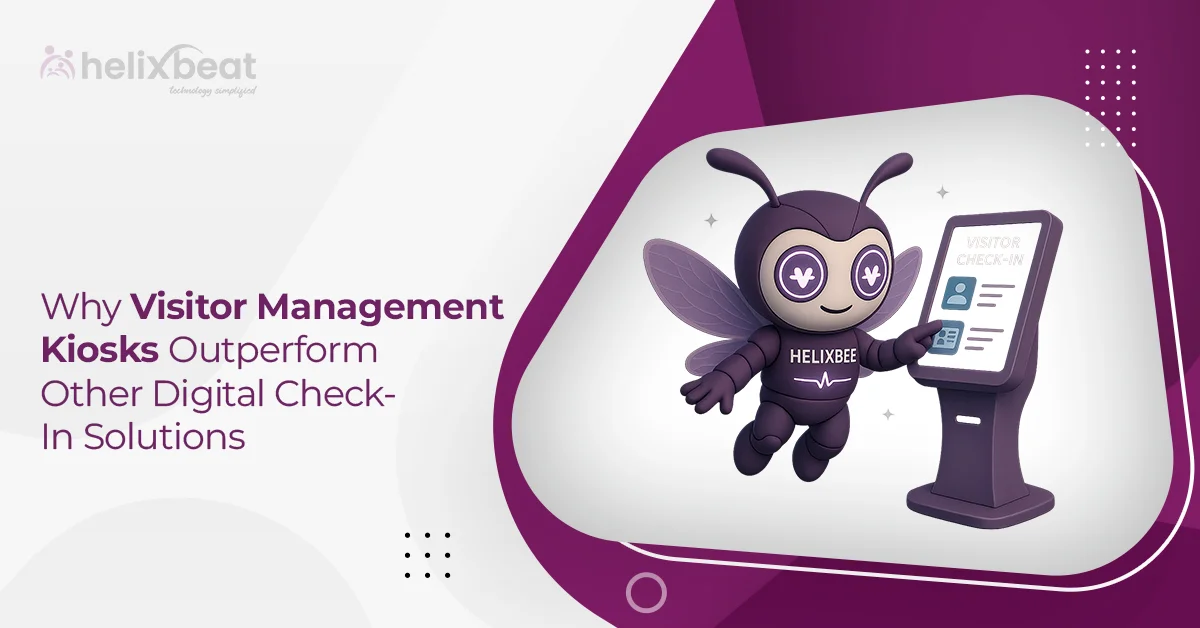Managing patient care is hard enough—handling the payments shouldn’t make it harder. Yet, for most healthcare providers, the billing and collections process has become a source of operational stress, administrative overload, and lost revenue. From dealing with insurance claims to following up on patient balances, outdated processes continue to weigh down already overwhelmed teams.
This is where healthcare payment services come into play. These systems automate everything from billing to payment tracking, dramatically easing the burden on your administrative staff. Whether you’re a small clinic or a large hospital, embracing digital solutions—like healthcare payment platforms or third party payment providers—is no longer optional. It’s essential for survival in today’s fast-paced, tech-driven healthcare environment.
Table of Contents
Top Administrative Challenges in Healthcare Payments
Before diving into the solutions, let’s explore the common administrative bottlenecks that healthcare providers face:
- Manual Billing and Data Entry
Hospitals still reliant on spreadsheets or legacy software waste time entering data manually, increasing the risk of billing errors and claim denials. Staff must enter patient details, insurance information, billing codes, and payment data, often across multiple platforms, leading to inconsistencies and wasted hours.
- Delayed Insurance Claims and Reimbursements
Lack of automation in claim submission and tracking leads to long payment cycles. If there are errors in coding or missing documentation, reimbursements may be delayed or denied, adding to financial instability.
- Patient Confusion Over Billing
Patients often receive unclear, paper-based bills with little breakdown of charges. Without digital access to itemized statements, they are more likely to delay payment or request manual clarifications.
- Compliance Risks
Handling sensitive data without secure systems exposes providers to compliance violations under HIPAA and PCI-DSS. Failure to secure payment data can lead to data breaches and legal liabilities.
- Inefficient Payment Tracking
Without a centralized system, tracking who has paid what, when, and how becomes a nightmare. Missed payments and duplicate charges are common in uncoordinated systems.
- High Labor Costs
Administrative staff must manually send invoices, process checks, follow up on unpaid accounts, and reconcile payments. This leads to increased operational costs and burnout.
- Limited Payment Options
Many hospitals only accept traditional methods like checks or card swipes at physical counters. The absence of digital and mobile-friendly options restricts patient flexibility and reduces collections.
- Poor Inter-Departmental Coordination
In large healthcare institutions, finance, billing, and clinical departments often operate in silos. Without integrated healthcare payment services, information gaps can disrupt the entire revenue cycle.
- Difficulty in Managing Payment Plans
For high-cost treatments, patients often request installment-based payments. Manually tracking these payments adds to the administrative load and creates more room for error.
- Lack of Real-Time Data and Reporting
Inadequate reporting tools hinder financial forecasting and strategic decision-making. Without access to real-time insights, providers cannot identify bottlenecks or optimize revenue cycles.
All these issues point to one solution: adopting reliable healthcare payment services that automate and simplify the payment process.
What Are Healthcare Payment Services?
Healthcare payment services are digital tools designed to manage and automate the financial side of healthcare—covering everything from patient billing and claims processing to payment collection and reporting. These services are usually part of broader healthcare payment platforms that integrate with Electronic Health Records (EHRs) and Practice Management Systems (PMS).
A modern service payment provider enables you to:
- Automate invoices and reminders
- Process digital payments instantly
- Verify insurance in real-time
- Maintain compliance and data security
- Offer patients self-service portals and flexible payment options
By leveraging the best online payment platform, providers can minimize manual work, speed up payment cycles, and create a frictionless payment experience for patients.
Why Automation is Crucial in Healthcare Billing
Let’s break down why automation isn’t just a “nice-to-have” but a “must-have” in modern healthcare operations:
- Improved Cash Flow
Automated healthcare payment services accelerate collections by instantly sending digital invoices and reminders. Patients can pay from their mobile devices, and claims are submitted faster to insurers.
- Fewer Billing Errors
Manual entry errors can lead to delayed or denied claims. Automated healthcare payment platforms pull accurate billing data directly from patient records and code it correctly.
- Reduced Staff Workload
Staff no longer need to chase down payments or spend hours on paperwork. The system handles tasks that once required multiple people and long hours.
- Regulatory Compliance
With built-in security and encryption, automated services help you meet HIPAA and PCI-DSS compliance with ease—something every service payment provider should guarantee.
- Better Patient Experience
Patients appreciate the simplicity of online payments and clear digital bills. Using the best online payment platform allows them to pay how and when they want.
- Greater Operational Transparency
Real-time dashboards offer visibility into collections, outstanding balances, and claims status, allowing faster decisions.
- Scalability
Automated systems grow with your practice, supporting telehealth billing, recurring payments, and multiple departments or locations.
Key Features to Look For in Healthcare Payment Services
Choosing the right provider can be overwhelming, but these key features can guide you in selecting the best healthcare payment services for your organization:
- Multiple Payment Methods
Look for platforms that support credit/debit cards, ACH transfers, mobile wallets (Apple Pay, Google Pay), and flexible installment plans.
- Recurring Billing and Auto-Pay
A service payment provider should allow recurring billing for long-term treatment plans or large patient balances.
- Patient Self-Service Portals
Patients should be able to view bills, set up payment plans, and make payments via mobile or desktop.
- Data Security and Compliance
Ensure that the platform is fully HIPAA and PCI-DSS compliant, especially if you’re using third party payment providers.
- EHR/PMS Integration
The system should integrate easily with your current software stack to avoid duplicate data entry and syncing issues.
- Detailed Reporting and Analytics
Track every transaction, identify bottlenecks, and optimize revenue cycle management with built-in analytics dashboards.
Benefits of Using Third-Party Payment Providers
Many hospitals and clinics turn to third party payment providers to streamline operations, reduce costs, and access specialized expertise. Here’s why it works:
- Cost Savings
No need to build or maintain your own system. Outsourcing to a third party payment provider reduces upfront and ongoing IT costs.
- Faster Deployment
With pre-built integrations and cloud-based solutions, providers can get started in days—not months.
- Built-In Compliance
Many third party payment providers are already certified to meet HIPAA, PCI-DSS, and other industry standards.
- Expert Support
You benefit from a dedicated team that specializes in healthcare payments and can offer quick fixes or updates when needed.
- Scalability
As your practice grows, healthcare payment platforms can scale with you, adding features like telehealth billing, recurring payments, and multi-location support.
Using a third party payment provider doesn’t mean giving up control—it means gaining freedom to focus on care while experts handle your back-end operations.
Final Thoughts: It’s Time to Automate
The healthcare industry is undergoing a digital transformation, and payments are a huge part of that shift. Patients now expect clear, convenient, mobile-friendly billing. At the same time, healthcare providers are under immense pressure to cut costs and improve efficiency.
Healthcare payment services offer a win-win for both providers and patients. They streamline the revenue cycle, reduce administrative workload, and improve the overall financial health of your organization. Whether you’re choosing a service payment provider, investing in the best online payment platform, or outsourcing to trusted third party payment providers, the goal remains the same: to simplify and improve how healthcare payments are managed.
In a world where every minute matters, automation through modern healthcare payment platforms is not just an upgrade—it’s a necessity.
Ready to reduce your administrative burden and get paid faster?
PayNova offers secure, scalable, and patient-friendly healthcare payment services trusted by clinics and hospitals across the country.
Let’s simplify healthcare payments—together.
FAQs:
- What are healthcare payment services?
Healthcare payment services are digital solutions that automate billing, payment tracking, and collections for healthcare providers, improving efficiency and compliance.
- Why should healthcare providers use automated payment platforms?
Automated platforms reduce manual errors, speed up collections, cut admin workload, and improve patient satisfaction with easier, transparent billing.
- What features should I look for in a healthcare payment platform?
Look for EHR integration, HIPAA/PCI-DSS compliance, mobile payment support, real-time analytics, and patient self-service portals.
- Are healthcare payment services secure?
Yes, trusted services like PayNova ensure HIPAA and PCI-DSS compliance with encryption and fraud protection for all payment transactions.
- How can third party payment providers help my clinic?
Third party providers offer scalable, ready-to-use solutions with expert support, faster deployment, and reduced IT and compliance overhead.
- Is it worth investing in a healthcare payment platform for a small clinic?
Absolutely. Even small clinics benefit from automation, faster payments, and reduced staff workload—key to staying efficient and competitive.
- How does PayNova differ from other service payment providers?
PayNova specializes in healthcare payment services with seamless integration, real-time reporting, patient-friendly interfaces, and end-to-end automation.



